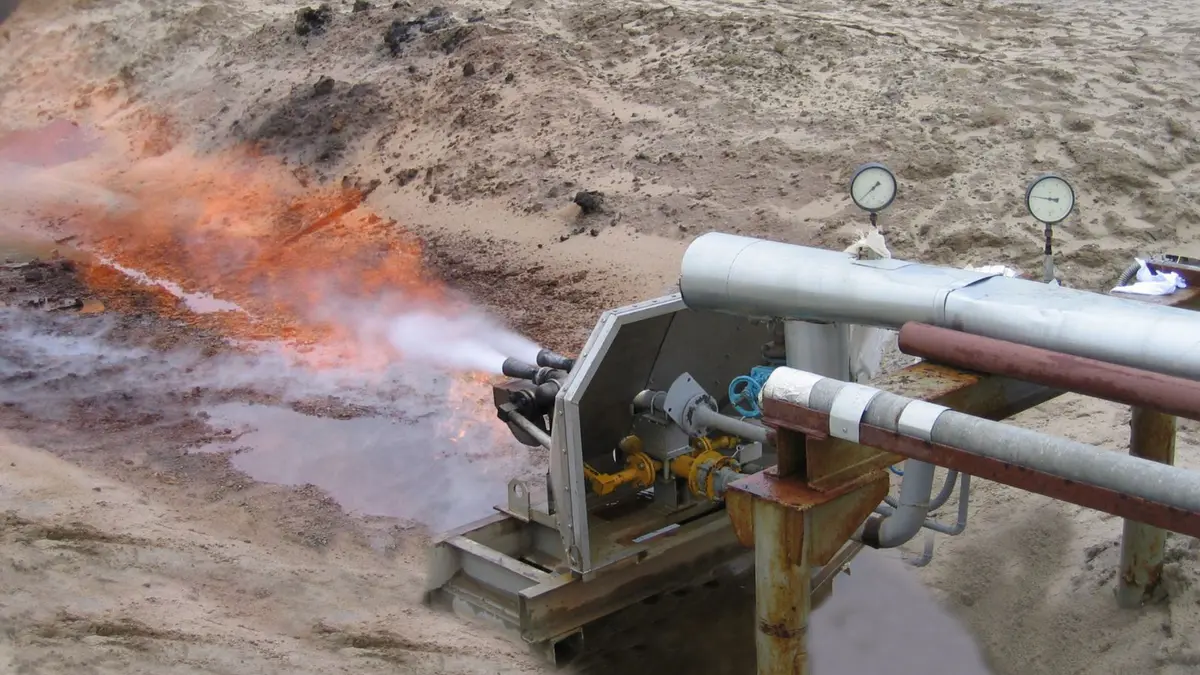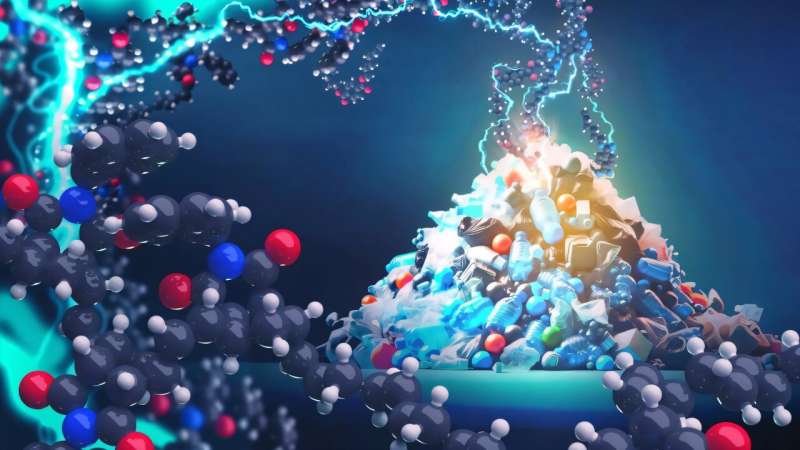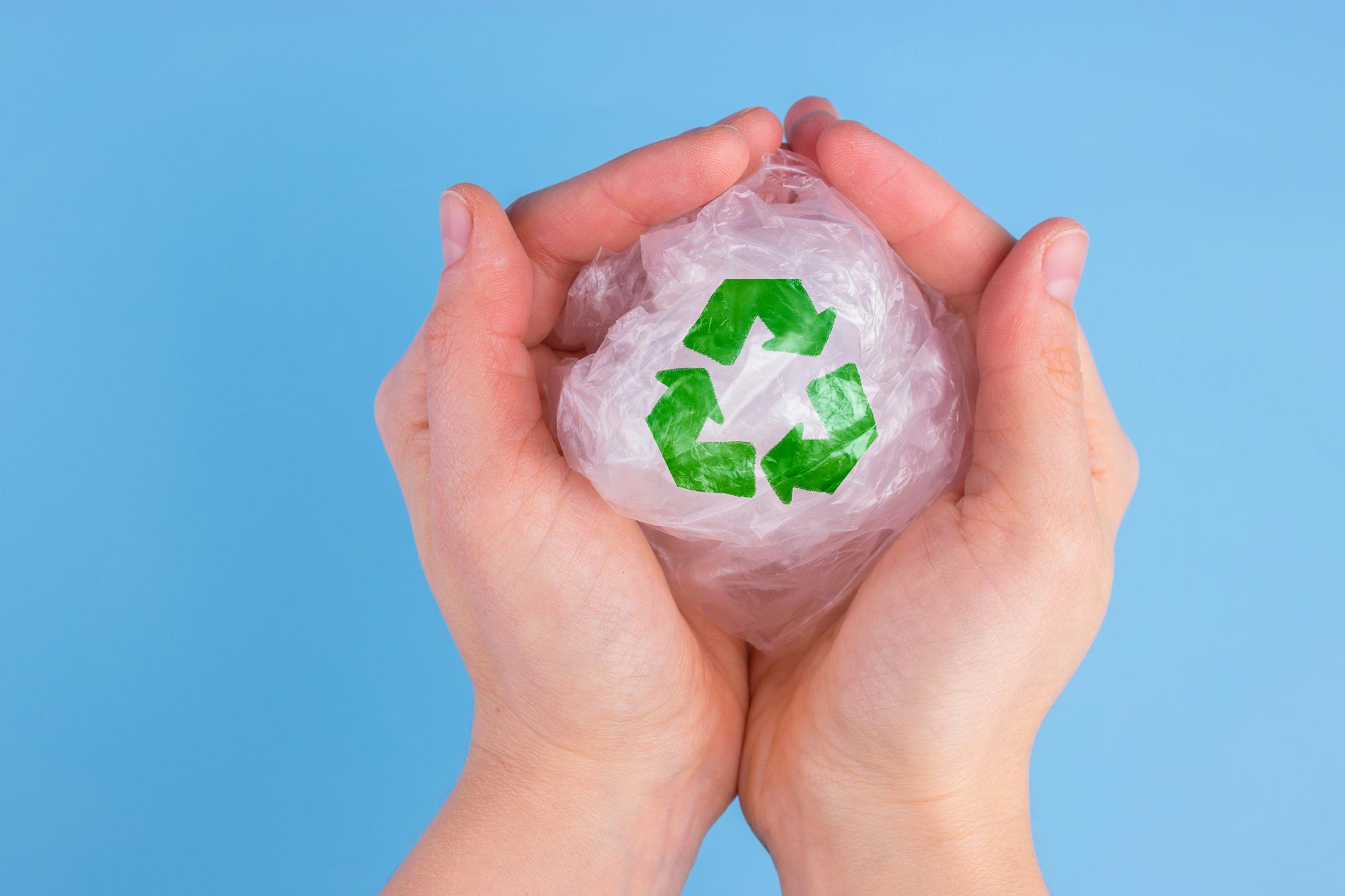The future of fuel might not be hidden in oil fields or lithium mines—it could be hiding in yesterday’s garbage.
Michaela Hissa, PhD, a researcher at Finland’s University of Vaasa, has been pushing the boundaries of what counts as “fuel.” Her work shows that industrial by-products and hazardous waste could be reimagined into clean, drop-in fuels powerful enough to run ships, heavy machinery, and off-road vehicles.
Her dissertation zeroed in on two surprising candidates: renewable naphtha made from crude tall oil (a pulp industry by-product) and marine gas oil refined from recycled lubricants. Both fuels proved ready to power internal combustion engines without costly redesigns or infrastructure overhauls. In other words, they could slip right into today’s fleets.
Continue reading… “Waste to Power: Why the Next Fuel Revolution Might Come From Trash”












